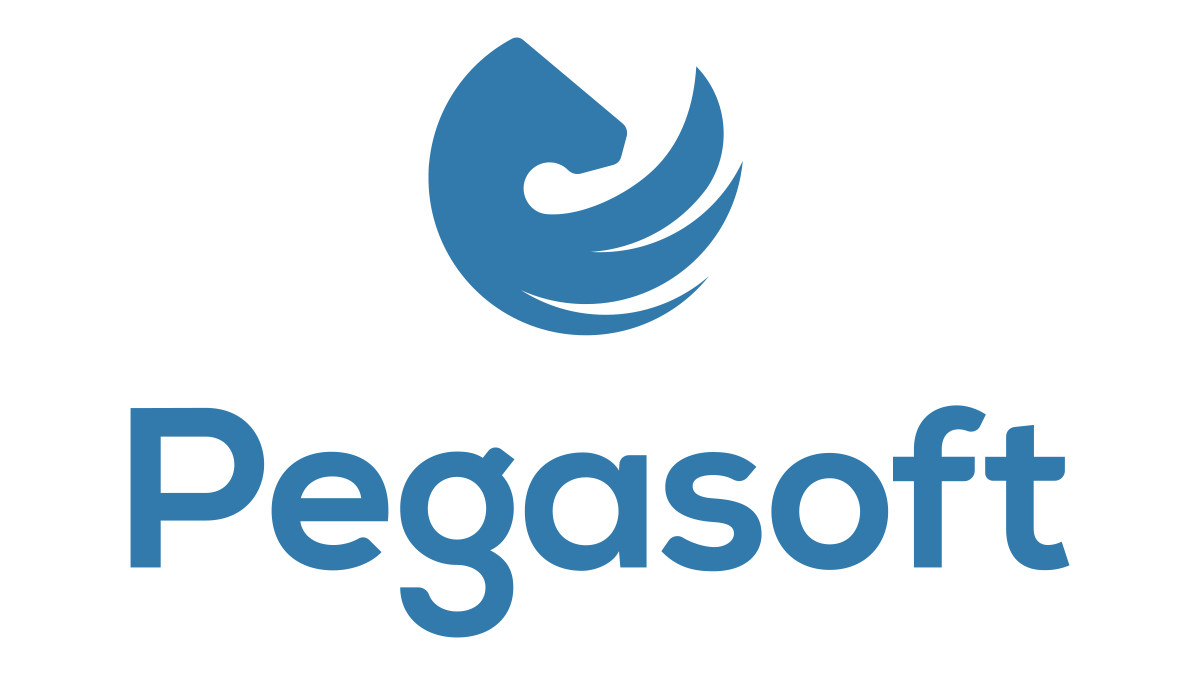Pharmaceutical and diagnostic companies can play a central role in the digital revolution of healthcare.
Digital healthcare is one of the hottest current trends in healthcare, accompanied by increasing patient empowerment.
But what does this term mean? And what is new for patients? Let us see it together.
Patient Empowerment
Empowerment is defined as the process by which patients gain greater control and awareness of decisions and actions that affect their health.
Since the beginning of the pandemic, we have witnessed a veritable explosion of digitalisation in the healthcare sector. This has led to an increase in the use of telemedicine, i.e. the set of innovative medical and information technologies that have enabled and continue to enable the seamless delivery of healthcare and health services at a distance.
Telemedicine is not just a phone call to your general practitioner instead of a face-to-face visit to his or her surgery.
- Think of cancer patients, for example, whose digital monitoring can facilitate symptom detection and improve clinical practice, as well as the quality of life and overall health of the patients themselves.
- Healthcare professionals are also affected by digital transformation. Neurosurgeons, for example, are using online multimedia platforms for collaborative work, making it easier to interact with colleagues and examine patients’ brain scans remotely, reducing distances and speeding up decision-making.
- In Italy, an artificial intelligence system has been developed that can predict which patients are likely to be most affected by COVID-19 and, based on the results, enable medical staff to make more informed decisions about how to manage available resources.
- In addition, we are seeing the emergence of mobile and tablet applications designed to help patients maintain and improve adherence to treatment for chronic conditions such as diabetes.
The results of a recent study published in NCBI – National Center for Biotechnology Information are encouraging. The majority of patients said they had a positive experience with digital healthcare. Being able to see their doctor virtually meant they did not have to miss days of work, wait for their appointment time or incur the cost and hassle of transportation.
The future of healthcare
We are witnessing an increasing involvement of patients and their desire and need to be protagonists and not just passive players in the decision-making process.
We are probably not far from a scenario in which doctor and patient share the same knowledge to promote healthy behaviour. The patient is therefore an active participant in his or her care, exercising the right to be informed about all medical – and other – aspects that concern him or her. Their active participation can only have a positive impact on the quality of health services and improve their functioning.
From an interview with Maturin Tchoumi, Head of Roche’s Finnish Pharmaceutical Division, by Kate Dion, healthcare industry observer and Value Communications Lead for 3D Communications.


